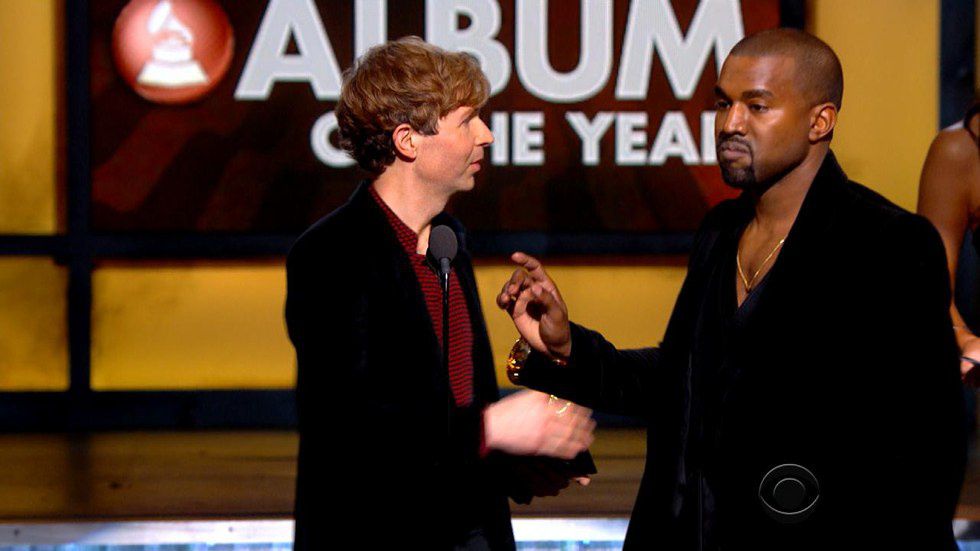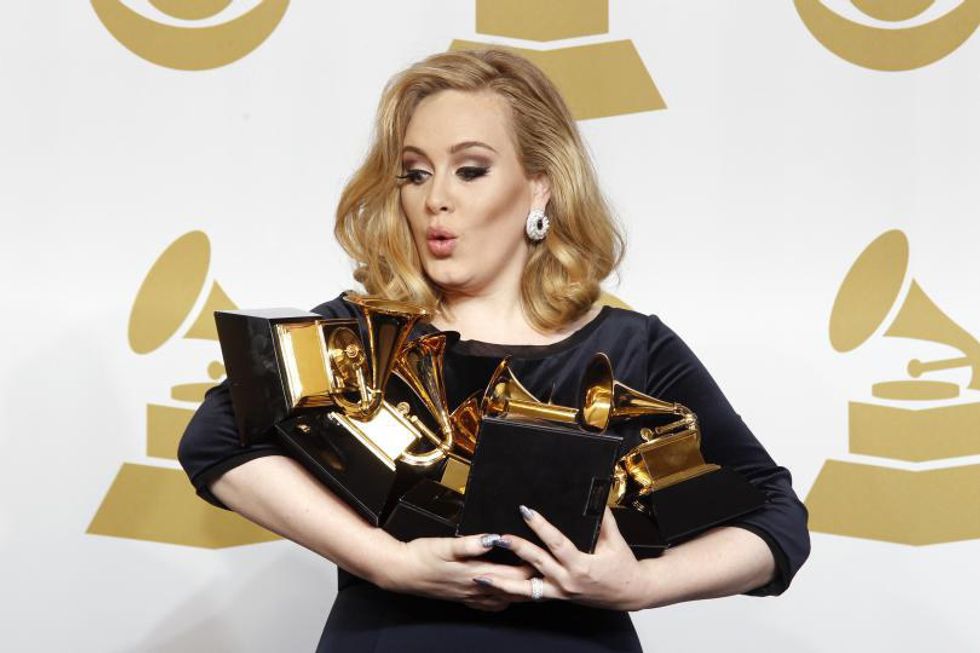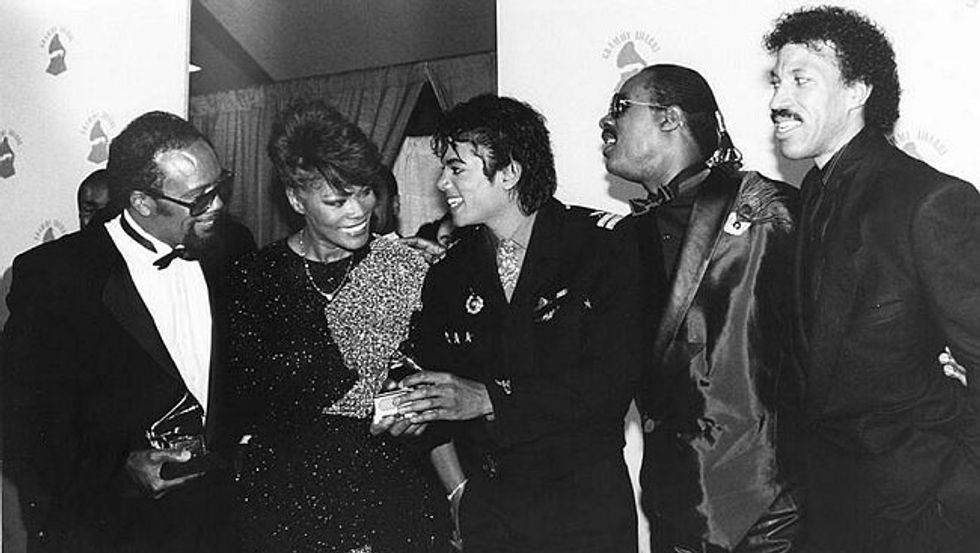It happens every year: musical artists and their works are nominated for the coveted GRAMMY Awards, being selected from the hundreds (if not thousands) of eligible artists and works. But with these nominations, controversy ensues.
Questions and complaints surrounding nomination choices, why others were snubbed, why certain musical tastes are not valid, and so on. As a musician, especially a former student of music business, my social media feeds get flooded with both GRAMMY news and controversy once the nominations drop. Everyone comes out of the woodwork to say why this artist should have been selected, how that album was more original than the nominated ones, and that the GRAMMY Awards are nothing more than a populist celebration that ignores fringe, groundbreaking work.
It seems nonsensical to hold a ceremony like the GRAMMY Awards to a certain standard when it does, in fact, accomplish what it sets out to do. According to the GRAMMY Awards website, the official description of the awards is quoted as such:
The GRAMMYs are the only peer-presented award to honor artistic achievement, technical proficiency and overall excellence in the recording industry, without regard to album sales or chart position.
And given that the GRAMMYs has been going on since 1958, it would be exhaustive to list all of the Award recipients whose albums or works did not top the charts at the time of their nomination. "Upsets," as they're ironically tagged, have happened and will continue to happen; in recent history, ask any fan of Queen B how they felt about Beck beating her out for "Album of the Year" in 2015 (hint: Kayne wasn't too thrilled). But they're not frequent enough to please the crowd that already has a distaste for the more frequent chart-topping nominees.
So is it wrong for the GRAMMY Awards to celebrate those albums that also happened to have had successful sales and records broken (no pun intended) if the music industry is all about money to begin with? It can be argued that the precedent of only rewarding Pop icons is questionable and not particularly flattering to those artists or genres that present less standard ideas.
Seeing as we live in a free country, it's all fine and dandy to go ahead and have intellectual conversations, even heated discussions, about musical and artist preferences. Heck, go ahead and make your own list of nominations if it makes you feel better. For example, I think Sara Bareilles is the most accomplished, authentic Pop singer/songwriter of our generation. I could reference her award nominations, her musical (that's right: she wrote a musicalcalled Waitress and it is fabulous) and analyze her musical style as it compares to the predictable nature of other Pop Princesses like Taylor Swift or Katy Perry. Again: that's all my opinion/personal taste, and it's all fine and dandy!
But the question I always ask myself (and to my friends who can handle the discussion without a meltdown) is this: Why attack the consumers who actually enjoy those albums, artists, and works chosen to be recognized? For example, if someone didn't share my opinion about Sara, despite all my "evidence," they're perfectly justified. Even if I truly believe in my heart of hearts that my opinion is right, in an altruistic sense. At the end of the day, the music industry represented at the GRAMMY Awards is part of the entertainment industry. To tell someone they shouldn't enjoying a certain artist, even if there are tangible arguing points for a "better" artist, is like someone doesn't have the right to prefer a McDonalds hamburger over a $100 steak: your ranking of a musical genre/artist will never supersede personal preference.
So for all the hipsters, trend-setters, and "enlightened" artists, read closely:
A person is not "less-cultured" because they prefer Adele, Taylor Swift, etc. over Radiohead, Kendrick Lamar, etc.
Someone doesn't have "poor taste" if they choose Country over Hip-Hop.
Your favorite artist can still be "revolutionary" regardless of any recognition they may or may not receive.
Like all types of entertainment, people should be free to enjoy music of all genres, origins, and styles without being told their tastes aren't valid or inferior to others. The GRAMMY Awards fill others with joy and others still with disdain, and everyone has the right to cheer on their artists for their accomplishments or complain about those who didn't win. Either way, no one needs or cares about you telling them how to enjoy Art.





















